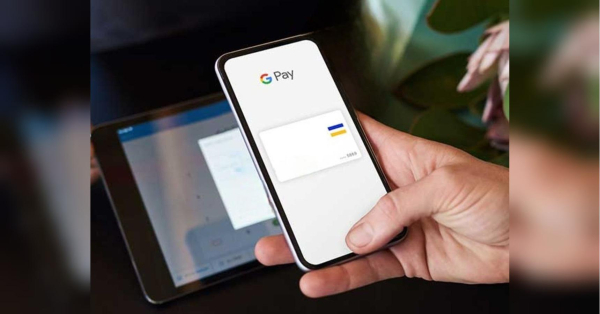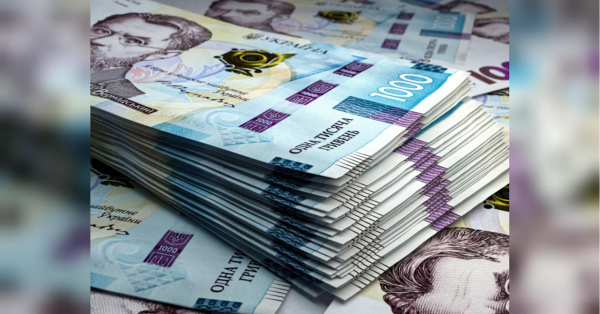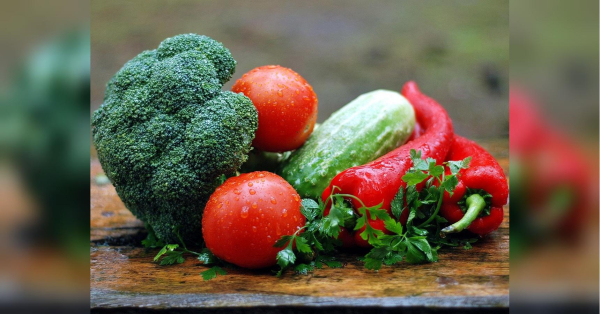
HONG KONG — Hong Kong’s newly named Roman Catholic cardinal said Monday that he hopes for reconciliation and wants the city to give young people more hope following the economic downturn and a campaign to crush a pro-democracy movement.
On Sunday, Pope Francis announced he had chosen 21 new cardinals, including Hong Kong Bishop Stephen Sau-yan Chow, 64. Chow said it was somewhat unbelievable to learn that he was picked, and that he felt it is a new mission that God assigned to him through the pope.
The ceremony to formally install him as a cardinal will be held in September.
“For Hong Kong, (I hope) the city can have more reconciliation," he told reporters on Monday. "This is what I hope (we) can achieve.”
Beijing and the Vatican severed diplomatic ties in 1951 following the Communist Party’s rise to power and the expulsion of foreign priests. For decades, the Vatican and China have experienced tensions alternating with improvement of relations over China's insistence that it has the right to appoint bishops and the jailing of priests who professed loyalty to the pope.
Chow, who will become the city’s fourth cardinal, is expected to guide flocks in a geopolitical area of keen concern to the Vatican.
In April, he already made a trip to Beijing, marking the first visit to the Chinese capital by the city’s bishop in nearly three decades.
At the end of his trip, he said he invited the state-appointed archbishop of Beijing to visit his city, a symbolic gesture that experts said could strengthen the fragile relationship between China and the Vatican.
In Hong Kong, Chow is widely seen as a moderate, or politically neutral, figure.
But before the Beijing's trip, Chow suggested the arrested protesters who committed relatively minor crimes in Hong Kong's 2019 anti-government movement but have not been charged should be handled leniently. He wrote in an article that would help bring hopes and positive energy to those who feel hurt and making them wait for an indefinite time would not help the Hong Kong society recover.
Asked on Monday if he still hopes for more lenient treatments for those arrested, he said he hopes “there will be more reconciliation and more hopes can be given to young people.”
“Especially for those who have made mistakes, so that they can have a future. This is very important,” he added.
The 2019 protests were first sparked by an unpopular extradition bill, which brought hundreds of thousands of people into the streets of the semi-autonomous Chinese territory. Police have arrested more than 10,000 people in connection with the unrest which roiled the city, but many still do not know if they would be charged.
Sourse: abcnews.go.com






